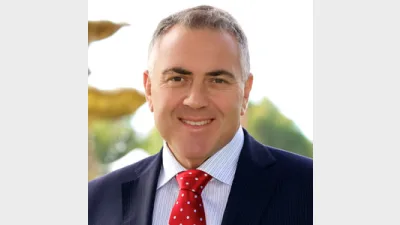Hockey names Financial System Inquiry advisory panel



Federal Treasurer Joe Hockey has announced four international business members for the advisory panel of the upcoming Financial System Inquiry.
Chief executive of global multi-strategy asset management firm CQS Sir Michael Hintze will join the panel as will head of private equity group at JC Flowers in Europe and Asia Pacific, Dr David Morgan.
Hintze previously held senior roles at CSFB and Goldman Sachs while Morgan was previously the chief executive of Westpac Banking Corporation and a deputy secretary of the Australian Treasury. He has also worked for the International Monetary Fund.
Also appointed to the panel is Jennifer Nason, who is the global chairman of technology, media and telecom investment banking at JP Morgan Chase. She has worked around the world on mergers, acquisitions, debt and equity financing and strategic advisory roles for technology, media and telecommunications companies.
The final member is formal central banker and financial regulator in Asia, Andrew Sheng. Sheng is the former president of the Fung Global Institute, a Hong Kong-based global think tank. He has held senior positions at the World Bank and the Hong Kong Monetary Authority.
"The International Advisory Panel will provide an expert perspective to the Financial System Inquiry on aspects of the Terms of Reference including technological change, Australia's global competitiveness and offshore regulatory frameworks," Hockey said.
Recommended for you
The super fund has launched Retirement Manager, a digital advice tool helping members plan income, spending, and retirement confidence with integrated support.
APRA has warned retail super trustees that financial adviser involvement in recommending platform products does not diminish their obligations, as regulators turned the spotlight on the Shield Master Fund and First Guardian Master Fund during a meeting with fund CEOs.
AMP’s chief economist has unveiled a wish list for the Australian government’s Economic Reform Roundtable.
Australian retirees could increase their projected annual incomes between 3 and 51 per cent by incorporating personal and household data into their retirement income strategies, according to new research.









